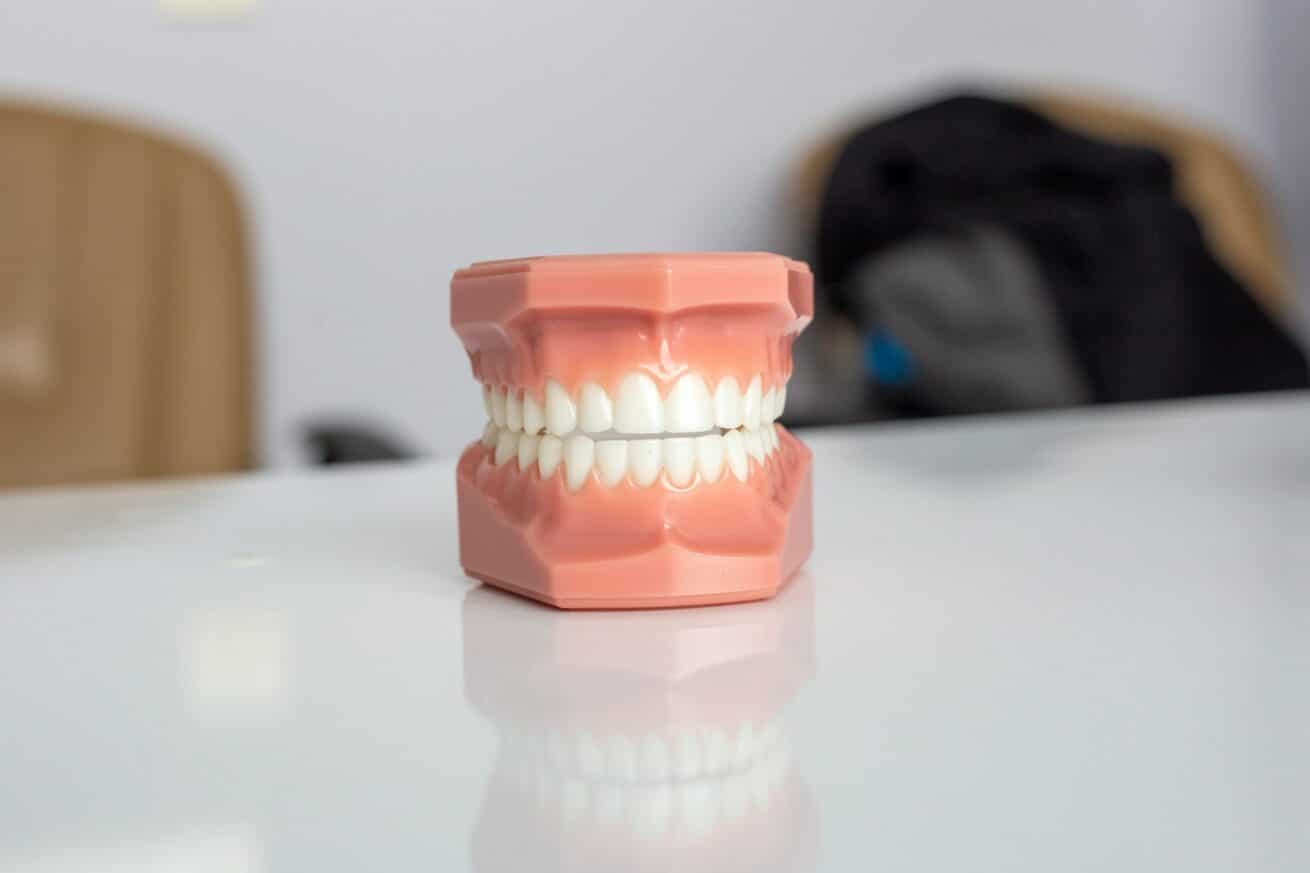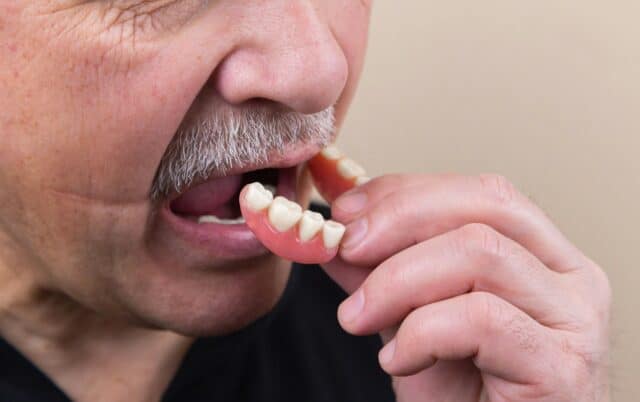Dental implants have become a popular and reliable solution for tooth replacement, providing both functional and aesthetic benefits. They act as artificial substitutes for the root portion of missing teeth. With the growing popularity of this advanced dental technology, more and more patients are considering dental implants as their preferred method of tooth replacement.
While dental implants have garnered attention for their commendable success rates, patients should be aware of factors that can negatively impact their results. One concerning factor to be aware of is smoking and its impact on dental implant treatment outcomes.
So, can you smoke after dental implants?
This blog will discuss the impact smoking has after dental implant procedures. We aim to provide valuable and insightful information to help you make well-informed choices regarding your oral health and dental care.

The Oral Health Issues Linked to Smoking: How Does Smoking Affect Dental Implants?
Smoking is a significant risk factor for various oral health problems. It affects the appearance of teeth and poses severe threats to gum health and overall oral hygiene. When it comes to dental implants, smoking can exacerbate complications and hinder the healing process.
Smoking after dental implant surgery can impede the recovery process and increase the likelihood of implant failure. The habit contributes to dry mouth, a condition characterized by reduced saliva production, which is essential for maintaining oral health. Moreover, smoking diminishes the blood supply to the gums and tissues surrounding dental implants, hindering proper healing and integration of the implant into the jawbone.
The question “Can you smoke after dental implants?” is met with a resounding cautionary note. Smoking and dental implants are not a compatible pair, as smoking significantly heightens the risks of complications and compromises the success of the implant procedure. Understanding how smoking affects dental implants underscores the importance of abstaining from tobacco use to preserve oral health.
Why Quitting Smoking is Vital for Dental Implant Success
Quitting smoking before dental implant surgery can significantly enhance the success rate and overall outcome of the procedure. Here are some of the key benefits:
Improved Healing and Recovery
Smoking has a negative impact on the body’s ability to heal. Nicotine constricts blood vessels, which delays the healing process. When patients quit smoking, they ensure better circulation and oxygenation of tissues. This leads to faster and more efficient healing after surgery.
Higher Success Rate of Implants
Studies have shown that smokers have a higher risk of implant failure compared to non-smokers. The presence of nicotine and other harmful substances in tobacco can interfere with the osseointegration process, where the implant fuses with the jawbone. Quitting smoking increases the likelihood of successful osseointegration and long-term stability of dental implants.
Reduced Risk of Infection
Smoking weakens the immune system, making it harder for the body to fight infections. The oral cavity is particularly vulnerable to bacterial infections during and after implant surgery. Quitting smoking helps boost the immune response, thereby reducing the risk of peri-implantitis and other diseases that could compromise the implant.
Better Gum Health
Healthy gums are essential for the support and durability of dental implants. Smoking is a significant risk factor for gum disease, which can result in bone loss and implant failure. Quitting smoking can help patients enhance their gum health, reduce inflammation, and establish a more favorable environment for dental implants to thrive.
Enhanced Bone Density
Nicotine and other chemicals in cigarettes can negatively affect bone density, making the jawbone weaker and less able to support implants. Quitting smoking can help maintain or improve bone density, providing a stronger foundation for the implants and reducing the likelihood of complications.
Overall Oral Health Improvement
Beyond the specific benefits related to dental implants, quitting smoking has numerous positive effects on overall oral health. It reduces the risk of oral cancer, tooth decay, and other dental issues, contributing to a healthier mouth overall. This holistic improvement can support the longevity of dental implants and the overall health of the patient’s teeth and gums.
Better Long-Term Outcomes
Patients who quit smoking before undergoing dental implant surgery are more likely to experience positive long-term outcomes. This includes not only the success and durability of the implants but also overall oral and systemic health benefits.

Tips for Dental Implant Success for Smokers
Achieving dental implant success can be more challenging for smokers due to the adverse effects of tobacco on oral health. However, with careful planning and commitment, smokers can improve their chances of a successful outcome. Here are some essential tips to consider:
Quit Smoking Before and After Surgery
One of the most important steps you can take is to quit smoking before undergoing dental implant surgery. Ideally, it would help if you stopped smoking at least two to three months before the procedure.
By giving up smoking, you can start healing the harm that smoking causes to your oral health. This will improve the delivery of oxygen and blood to your jawbone and gums. This enhanced circulation is crucial for osseointegration, the process by which the implant integrates with the bone. Continuing to refrain from smoking after dental implant surgery is equally important to maintain these benefits and support long-term healing and implant stability.
Understand the Risks of Smoking and Dental Implants
Educating yourself about how smoking affects dental implants can help you make informed decisions. Smoking compromises the immune system, reduces blood flow, and impairs healing. This increases the risk of complications such as infection, implant failure, and delayed recovery. Being aware of these risks underscores the importance of quitting smoking to ensure the best possible outcome for your dental implants.
Use Smoking Cessation Aids
Consider using smoking cessation aids to help you quit. Medications like varenicline (Chantix) and bupropion (Zyban) can reduce cravings and withdrawal symptoms. Nicotine replacement therapies can gradually reduce your nicotine dependence. Combining these aids with counseling and support groups can increase your chances of successfully quitting smoking after a dental implant.
Maintain Excellent Oral Hygiene
Good oral hygiene is vital for the success of dental implants, especially for smokers. Brush your teeth at least twice daily and floss daily to remove plaque and prevent gum disease. Use an antibacterial mouthwash to reduce the risk of infection. Regular dental check-ups and cleanings are essential to monitor your oral health and promptly address any issues.
Follow Post-Surgery Instructions Closely
After your dental implant surgery, follow your dentist’s post-operative care instructions meticulously. This may include guidelines on diet, oral hygiene, and activities to avoid during the healing period. Adhering to these instructions can help minimize the risk of complications and promote faster healing.
Stay Hydrated and Eat a Balanced Diet
Staying hydrated and eating a balanced diet rich in vitamins and minerals can support your body’s healing processes. Proper nutrition is essential for maintaining healthy gums and bones, which are crucial for the stability of your dental implants. Avoid sugary and acidic foods that can harm your oral health.
Manage Stress and Seek Support
Quitting smoking and undergoing dental implant surgery can be stressful. Managing stress through relaxation techniques, exercise, and seeking support from friends, family, or professional counselors can help you stay committed to your goals. A strong support system can significantly impact your journey towards better oral health.
Following these above-mentioned tips helps smokers improve their chances of obtaining a dental implant successfully and recovering faster. Remember, quitting smoking can enhance your dental implants’ success and contribute to your overall well-being.

Invest in Your Smile with Archpoint Implant Dentistry
Understanding the impact of smoking on dental implants is crucial in making an informed decision about your oral health. As we have discussed, smoking can cause severe complications and reduce the success rate of dental implants. When considering factors such as infection risks, compromised healing, and bone quality, it becomes evident that quitting smoking before dental implant surgery is a wise choice.
Trust Archpoint Implant Dentistry for a successful dental implant experience. Our professional and dedicated team is here to help you confidently embrace your new smile without the risks associated with smoking. Contact us today.








